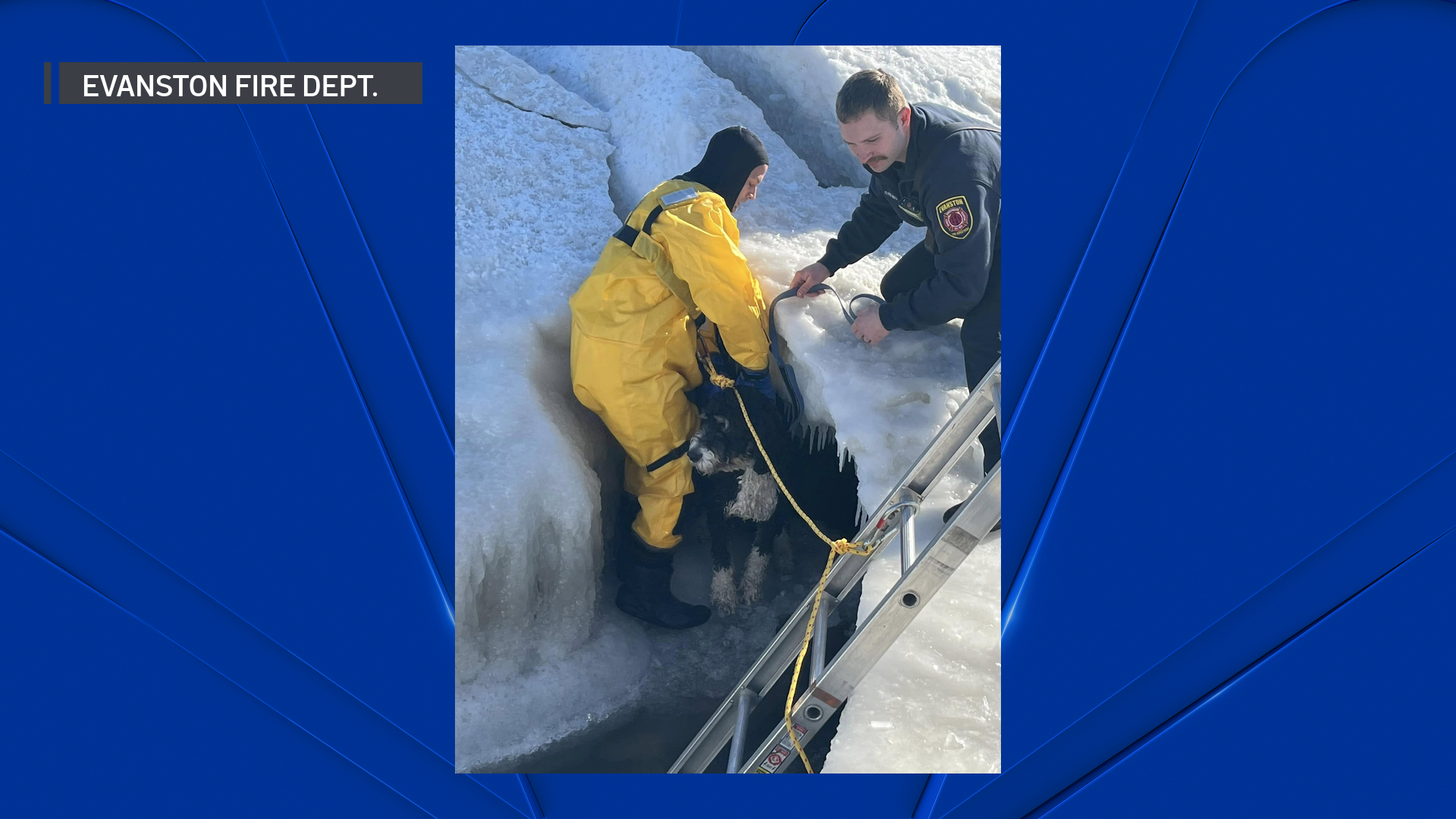With the BA.2 omicron subvariant continuing to spread across Chicago, Illinois and the U.S., what symptoms should you be watching for?
Cases of “stealth omicron” continued to increase in the United States over the last week, with the CDC saying that iterations of the subvariant are now responsible for more than 90% of cases in the country.
According to the latest data from the Centers for Disease Control and Prevention, the estimated number of cases linked to the BA.2 subvariant actually decreased slightly to 74.4%, but cases of the BA.2.12.1 subvariant went up to 19% in the United States, meaning that more than 93% of COVID cases in the United States are believed to be occurring as a result of the BA.2 subvariants.
Cases of the BA.1.1 variant, the original omicron variant that spread like wildfire over the winter in the United States, are now down to 6.1%, according to CDC estimates.
News of the continued spread of “stealth omicron” subvariants comes as the United States sees increases in COVID cases. Experts still believe that the increases won’t match those of the original omicron variant over the winter, with many Americans still carrying immunity from being infected with the virus or from COVID-19 booster shots that were given out late in 2021 and early in 2022.
The state of Illinois is now averaging 2,292 cases of COVID per day, an increase of 31% in the last seven days. The week prior to that saw an increase of 34%, according to Illinois Department of Public Health data.
Hospitalizations have also ticked upward in recent days, rising by 9% to 566 admissions in the last seven days. Of those patients, 73 are in intensive care units, according to officials.
The current number of patients hospitalized with COVID are taking up 3% of the state’s hospital bed capacity, IDPH officials say.
Local
Even with the increase in cases and the uptick in hospitalizations, state officials say that most of Illinois is still under a “low transmission” risk at this time. Only Champaign County in central Illinois is considered to be at a “medium transmission” risk according to standards set by the CDC.
Feeling out of the loop? We'll catch you up on the Chicago news you need to know. Sign up for the weekly Chicago Catch-Up newsletter.



